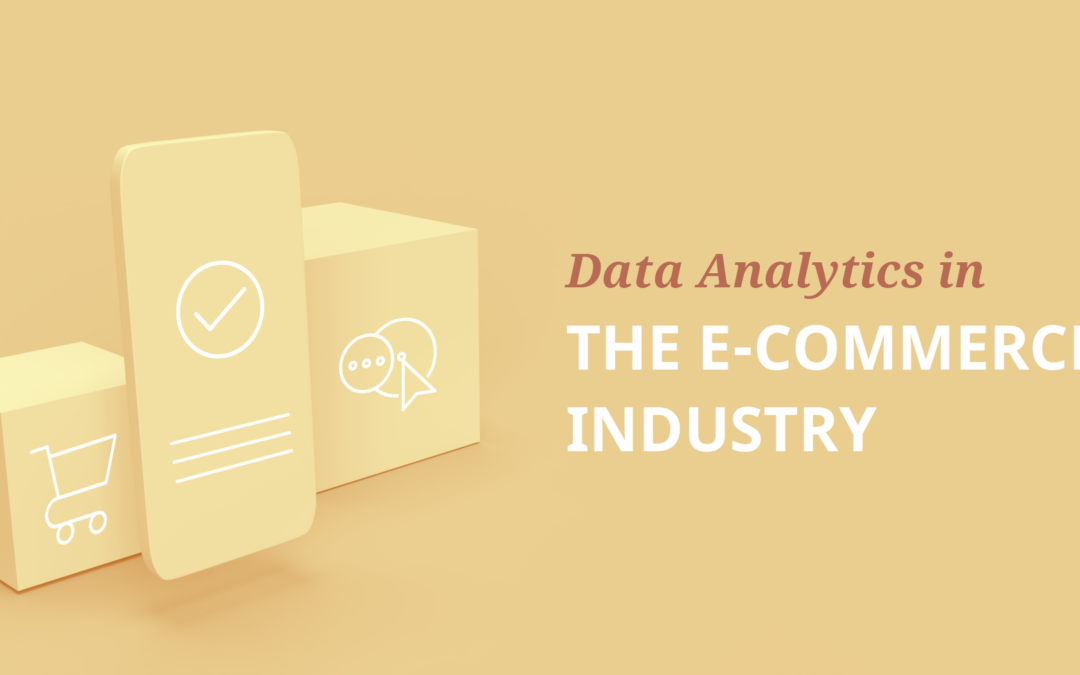Analytics has the potential to increase resilience, growth, and innovation in the e-commerce industry. Some uses, such as inventory forecasting, are even cemented into online business practices. But, with the advancements in big data analytics in e-commerce, technologies such as artificial intelligence (AI) are opening new possibilities for the industry.
If you operate an e-commerce store and want to streamline your operations, enhance your approach, or optimize your spending, turning to big data analytics can help you attain these objectives.
To support you through these tasks, here is a lowdown on adopting these technologies in an ideal manner.
The Top Uses for Big Data Analytics in E-Commerce
Learning what big data analytics is is not difficult. To put it simply, it is the process of collating, organizing, and assessing large sets of data to understand underlying details that are otherwise not apparent to the human eye. This includes but is not limited to industry patterns, market trends, and customer behaviors.
Big data analytics uses advanced approaches such as AI to achieve its goal. This helps with cutting down processing times and improving the identification of distinct information. When it comes to e-commerce, these processes can result in specific use cases that lead to their own benefits.
Tracking Trends
By assessing your customers’ browsing behavior across your online store, you can take certain actions that augment your income, profit, services, and growth. These activities include but are not limited to improving your inventory management, optimizing your prices, and enhancing your fulfillment processes.
Personalizing Suggestions
When you are able to gather information through big data analytics in e-commerce, you can easily learn how to personalize experiences and recommendations for your customers. This provides you with the opportunity to build a better rapport with your audiences and retain your customer base.
Gaining Insights
Once you process large sets of data, you can get a clearer picture of what your customers are looking for or what they would like to see from your store. This lets you make improvements to obtain better conversions, enhance your lead-generation efforts, and augment the return on investment (ROI) from your marketing activities.
The Post-Pandemic World is Transforming the Use of Data in E-Commerce
When COVID-19 first emerged, people not only started working from home but also focused on shopping from home to fulfill their needs. In turn, this caused e-commerce sales to surge during the pandemic. While many people have gone back to in-person and in-store shopping, the convenience of buying their favorite products from their own homes has not been forgotten by a large segment.
This creates a potential goldmine of data for any e-commerce business owner. The more customers you have, the more data you end up gathering. This leads to higher quality projections and more accurate assessments for your big data analytics in e-commerce.
This also brings about the following possibilities on how to use this incredible amount of data:
- Develop features such as real-time insights to track consumer behaviors that have become unpredictable.
- Streamline order processing and shipping to keep up with increased demand.
- Improve supply chain by supporting a more reactive procurement and fulfillment process.
- Leverage data to develop new products and services for general or specific segments of your audience.
- Explore new ways of shopping by integrating voice search and augmented reality (AR).
Big Data Analytics Can Resolve the E-Commerce Industry’s Data Challenges
With e-commerce’s rapid growth that is projected to touch over 20% of global retail sales by the end of 2022, it is set to become an ever-expansive space that will continue to spread its boundaries. But, as e-commerce grows in terms of its adoption, its associated data sets will also grow in size. With a higher number of data points, it would become difficult for e-commerce stores to sort through them manually.
In order to ensure proper data acquisition and maintain data quality, integrating big data analytics in e-commerce is crucial. Besides helping you sort and analyze the information at hand, the use of established AI mechanisms also lets you address privacy concerns and risks of data theft.
This is especially true if you decide to follow the ongoing trends for e-commerce growth and expand your business on a global scale. That is where your cost and access to talent can become a bigger challenge and hinder your progress as well as your cost optimization.
With third-party and automation solutions, you can resolve these roadblocks to your growth while also catering to the expectations of your primary and secondary audiences. When you use the right tools, these can also provide you with your required outcomes in a timely and budget-friendly manner.
Contact Distillery to Explore Your Big Data Processing Options Today
At Distillery, we make it a point to offer modern and advanced AI solutions to help you adopt big data analytics in e-commerce. To see how our solutions can assist you with your goals, don’t hesitate to contact us for a detailed consultation today.

